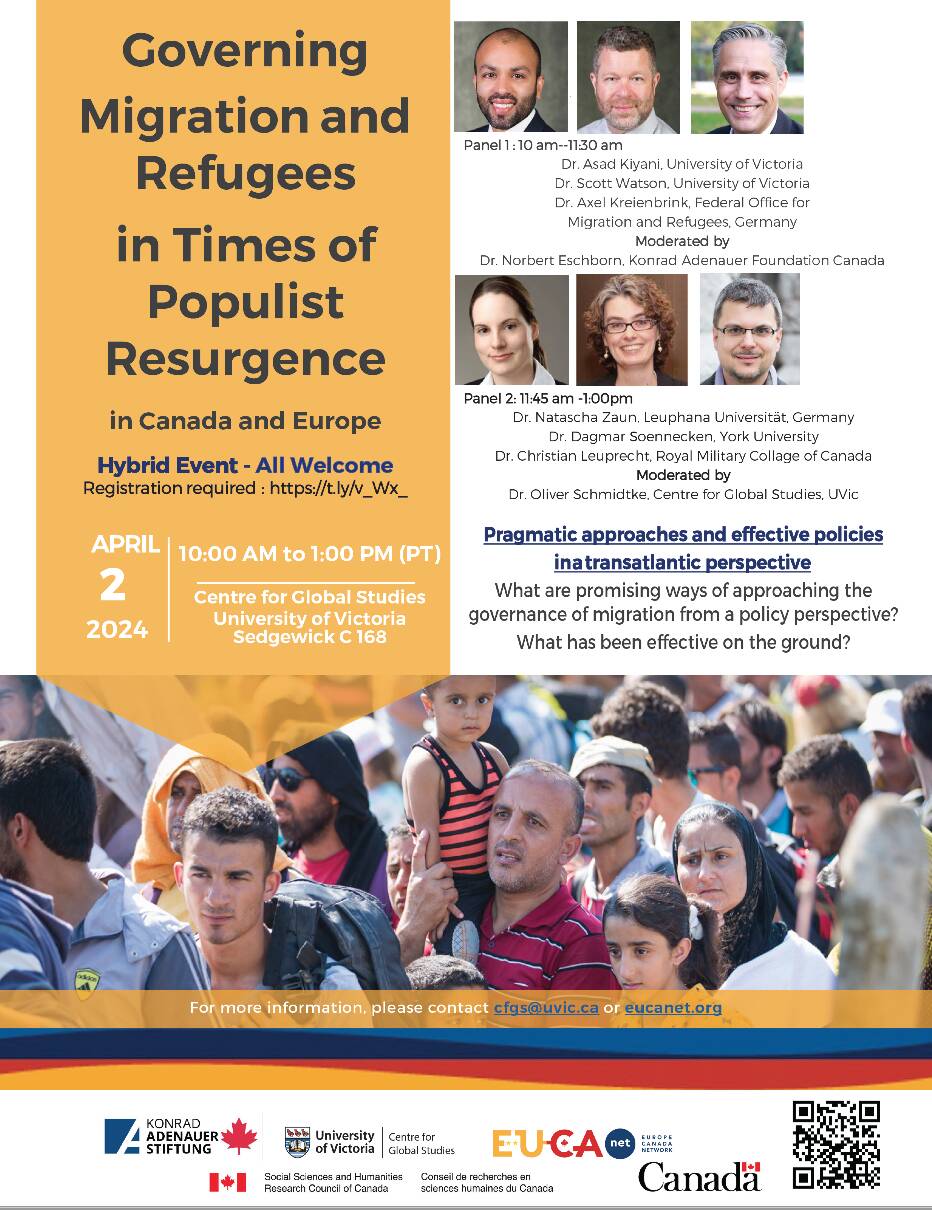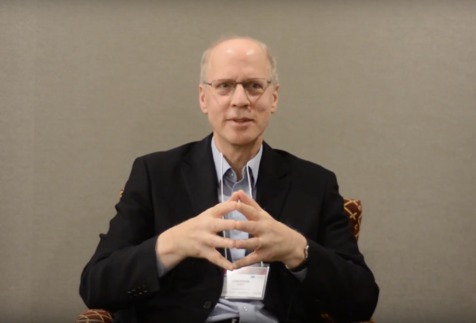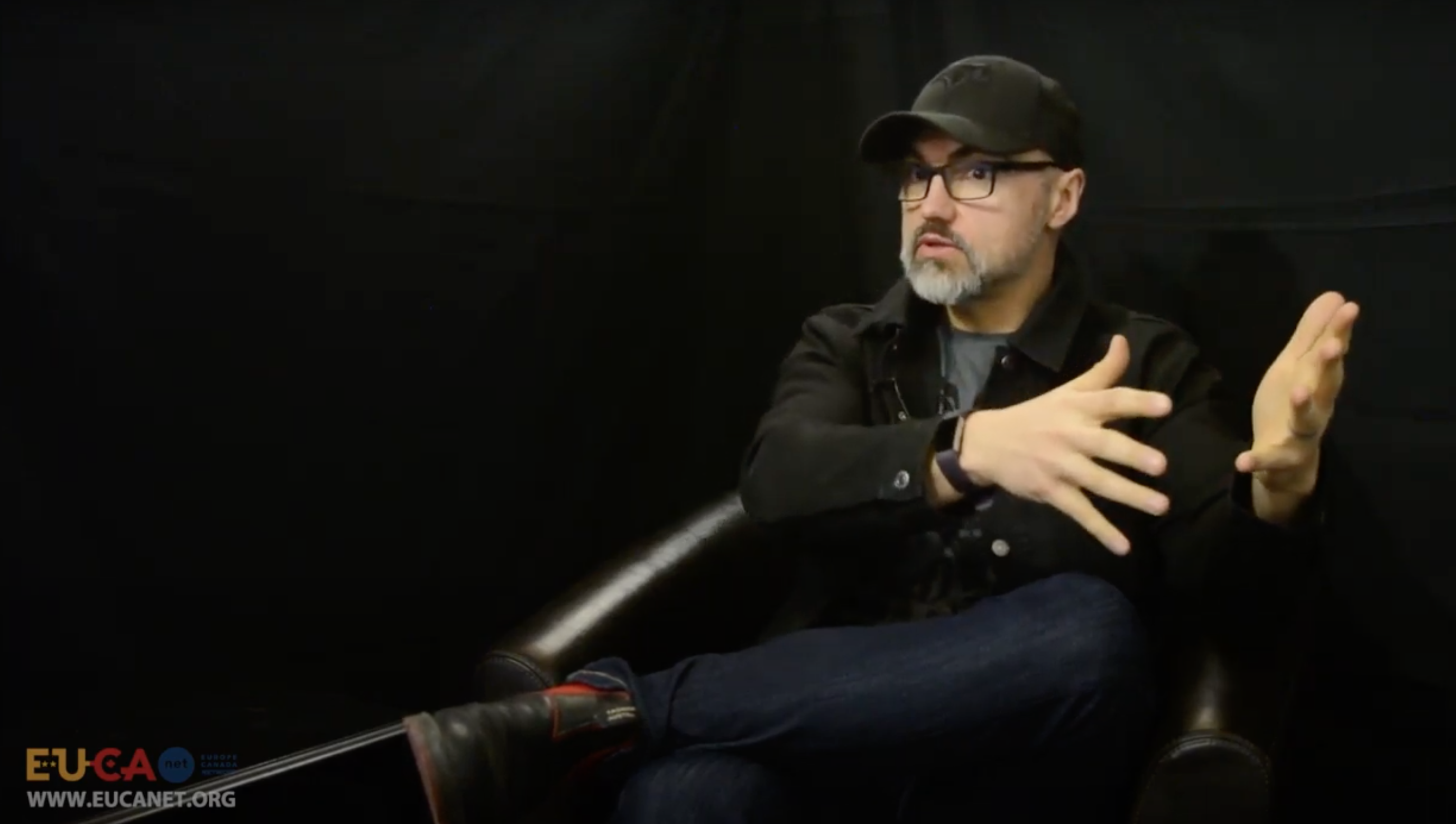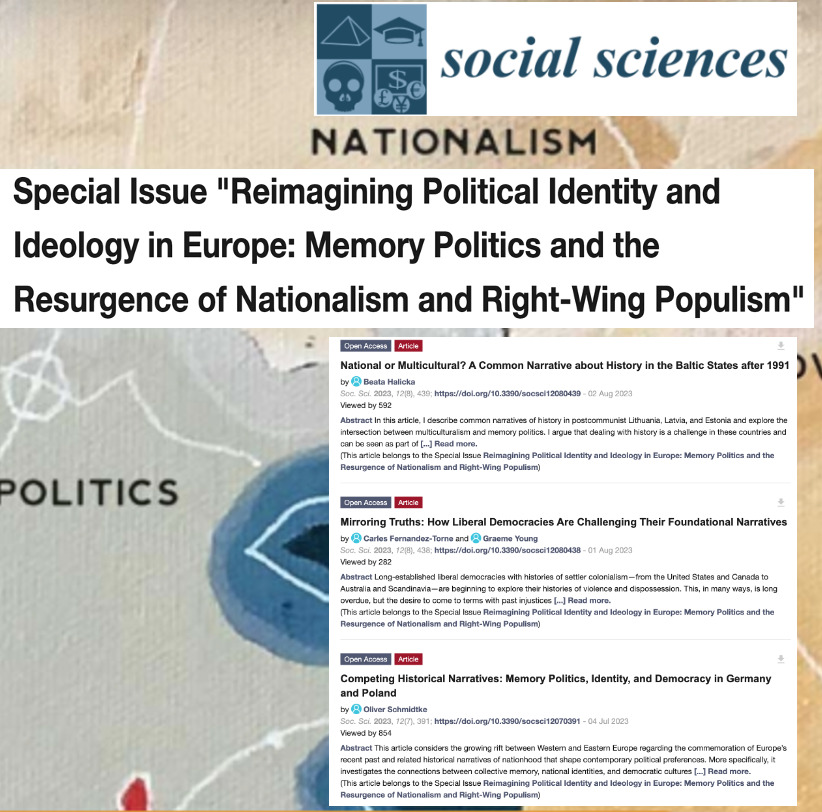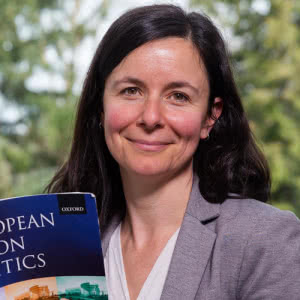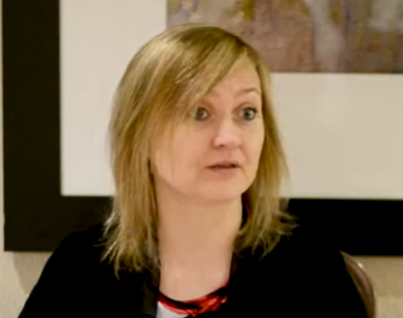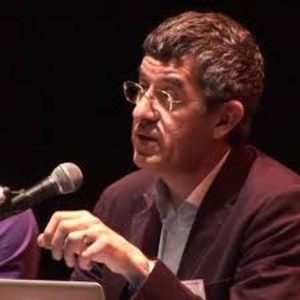Dr. Benjamin Perrier on what drives his research agenda in European Studies
Benjamin Perrier is a new member of ECSA-C and accepted to participate in the interview series with young scholars. He is a researcher at the Centre for Global Studies at the University of Victoria (UVic) and studies the evolution and conception of borders in the era of globalization with the focus on the European Union.
The European Union is a political project like no other. Academics and political scientists disagree on how exactly to classify this Union. It has transformed the concept of sovereignty and diplomacy, creating something altogether unique and undefinable. Benjamin’s research attempts to map and understand the legal structures, processes, and theories that make up the European Union.
What attracted you to the field of European Studies/ fascinated you about the EU?
I was born on the French-Belgian border and lived for 35 years on the French-Swiss and French-Italian borders. I have personally discovered the richness and complexity of the border and cross-border areas on a cultural and political level. I have observed the contrasts and contradictions. I noticed what was different according to the contexts, the theoretical frameworks and the ambitions of cooperation and integration. The European Union is a legal construction which aims to create a peaceful area without internal borders. But how is this possible? What about the States? The European Union seems to be a perfect field for empirical and theoretical research. It is an open-air research laboratory. Interested in the protection of the environment, I have carried out research on cross-border natural areas, diagnosed the difficulties encountered, and put forward theoretical proposals to facilitate mutual understanding and the pursuit of common objectives in areas divided by territorial boundaries. The data are extremely numerous and the frameworks are complex. There are many interconnections at all levels. The construction of the EU appears as a multinational, integrated and globalized continent at the same time. It is all these characteristics that interested me in European Studies.
My interest relates also to the European Union because it is a “sui generis” construction which is based on legal innovation and a renewed border. Depending on the legal disciplines, and their theoretical sensitivity, some see it as an international organization, a Federation, a federation of nation states, or a federal state in power. This non-identification with pre-established models explains why it is said to be “sui generis”, of its own kind, unclassifiable (could it be otherwise by having to deal with pyramid-type organizations?). We can observe that the member states and the EU are in constant interaction in an architecture combining hierarchies and networks. The EU is therefore our laboratory for theoretical innovations concerning the border object in law. It is for these transformative reasons of the modern legal scheme that the EU appeared to us as an excellent field of study. The concept of border seems indeed to be a key concept of European construction both to understand it from the point of view of a “borderless” and to construct it within “its borders”. The EU seems indeed to deconstruct here what it is reconstructing there. Building a European Union does not necessarily mean destroying all borders and all kinds of borders. Ultimately, the EU allows us to measure the degree of paradigm shift in law and to think of borders differently.
What is the most important issue to be addressed in your research? Our research focuses on the transformation of the concept of border and the legal regime of the border within the process of European construction. The European Union is precisely our field of study of the paradigm shift from the modern border to the post-modern border. If the borders of the State in the international legal order are maintained, and are protected by the regime of public international law, it is clear that within the legal order of the European Union, the functions of the border, and inevitably, in the end, the borders themselves have metamorphosed. The Member State of Union law is not the State of international law, their borders are not the same. “The notion of border seems richer in Union law than in international law,” says one author. It must be seen as a kind of “depoliticization, or even a destatization of the internal borders of the Union” (C. Blumann, 2013). Borders, stripped of their legal value as an “international” limit, are only one variable among others in a process of European territorialization. The Union can come and set guidelines of a general political nature or related to the territorial dimension. By trying to undifferentiate “national” territories (even by ignoring them because of the change in perspective) by erasing “territorial inequalities”, EU regional policy reduces the differentiating factor and puts the individualisation function of the national border. Ultimately, the post-modern intra-European border replaces the modern inter-state border.
Canada is, of course, not a member of the European Union. However, Canada hosts many academics who are doing important research on European Politics.
Ben is a scientific research collaborator and Postdoctoral Scholar in the “Borders in Globalization” program at the Centre for Global Studies at Uvic. His work focuses on the theoretical and legal renewal of the territorial borders of the States in the era of globalisation. He is writing a book about the concept of “postmodern border” which proposes that the border is not only analyzable by the territory and by the inter-state level but rather by the prism of the relationships between legal orders (national, international, European, global). This angle of analysis allows both to better understand the legal dimensions of the territorial border in globalization and to better understand the phenomenon of legal globalization through the prism of the interaction between legal orders.
His specific areas of research include the legal regime of the border, cross-border territorial cooperation law, transnational and global law, and environmental regionalization. More generally, his disciplines are Public Law, Public International Law, EU Law, and the Theory and Philosophy of Law.

